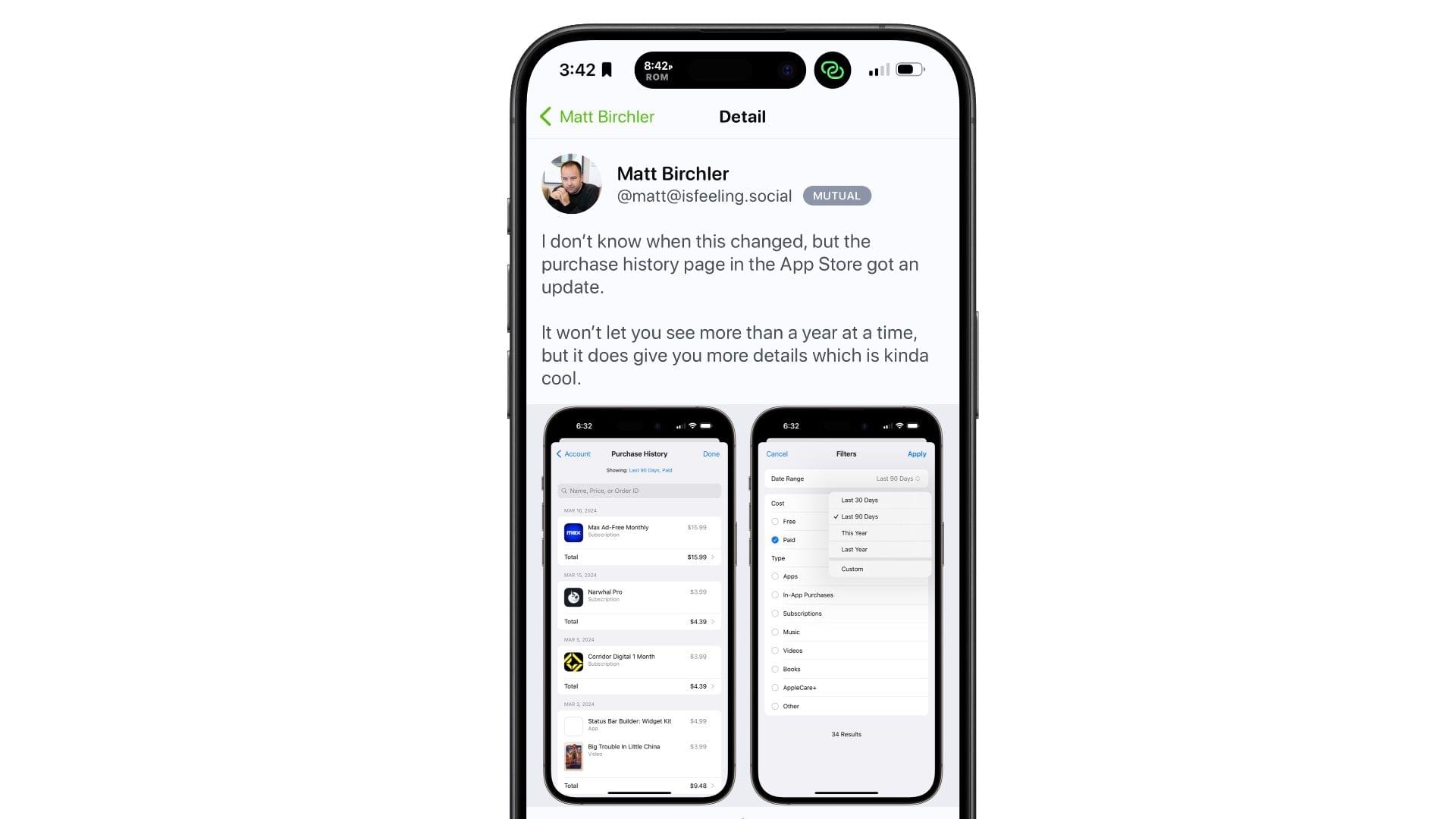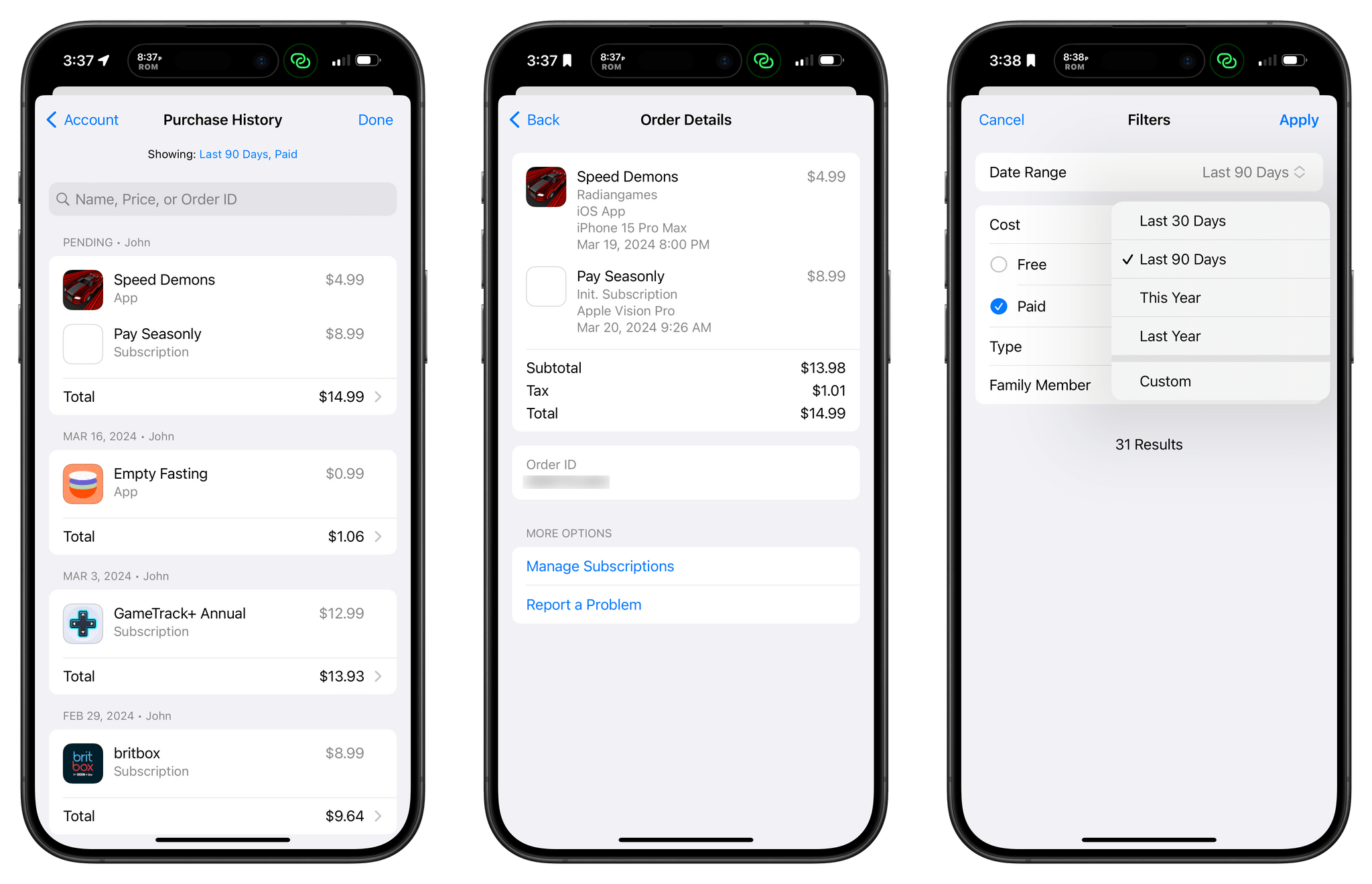Game emulators are nothing new to mobile phones. That is unless you have an iPhone. There’s a long history of emulation on Android and an even longer history on Macs, PCs, and other platforms. However, with ‘retro game console emulators’ (Apple’s App Review Guidelines term) now allowed worldwide on iOS, we’re seeing the iOS world speed-running game emulation. It will be a while before iOS emulators catch up to Android and other OSes, but in just over a week, there’s already been a lot of news.
- The party got started with Emu64 XL, a Commodore 64 emulator, which has been available on the Google Play store for a while.
- Not long after, iGBA appeared on the App Store and then disappeared within a couple of days. The ad-supported app was a clone of Riley Testut’s GBA4iOS, a predecessor to his Delta emulator. Apple told MacRumors that it pulled the app because it violated the company’s App Review Guidelines related to spam and copyright.
- About the same time that iGBA was being pulled from the App Store by Apple, Bimmy, an NES emulator appeared on the Store for $0.99. It, too, was pulled from the Store within a day or two, but this time, it was the developer who pulled it, not Apple. Tom Salvo, Bimmy’s developer, told Zac Hall of 9to5Mac that he pulled the app “out of fear” and not as the result of pressure from anyone.
- Then, last Wednesday, Delta, Riley Testut’s game emulator that supports a long list of older Nintendo systems and the Sega Genesis console, was released on the App Store everywhere except the EU, where it is available on AltStore. Within hours, Delta shot to the top of the App Store’s Free Apps Top Chart, where it remains today.
- In the wake of Delta’s success, other developers have announced that they plan to bring their game emulators to iOS, including the maker of the Sony PSP emulator PPSSPP and the developer of Provenance, which works with multiple systems.
- The rush to the App Store by emulator developers isn’t universal, however. The creators of Dolphin, which works with Nintendo GameCube and Wii games, announced that it will not be coming to iOS because Apple doesn’t allow the necessary Just-In-Time recompilers to be integrated with game emulators.
Meanwhile, all eyes are on Nintendo. The company is notoriously protective of its intellectual property. And, although Nintendo has not sought to restrict the availability of emulators for its oldest systems, it aggressively pursued the makers of Yuzu, a Switch emulator, which resulted in the emulator being forced from the Internet other emulators following suit. So, while emulators for early Nintendo systems have been available elsewhere for years, the sudden mainstream popularity of Delta on the App Store could draw an unwanted reexamination of emulators by the company. My hope is that instead of litigation, the new crop of iOS emulators spurs Nintendo to offer older games on the App Store and via other channels, but history isn’t on the side of my hopes and dreams.


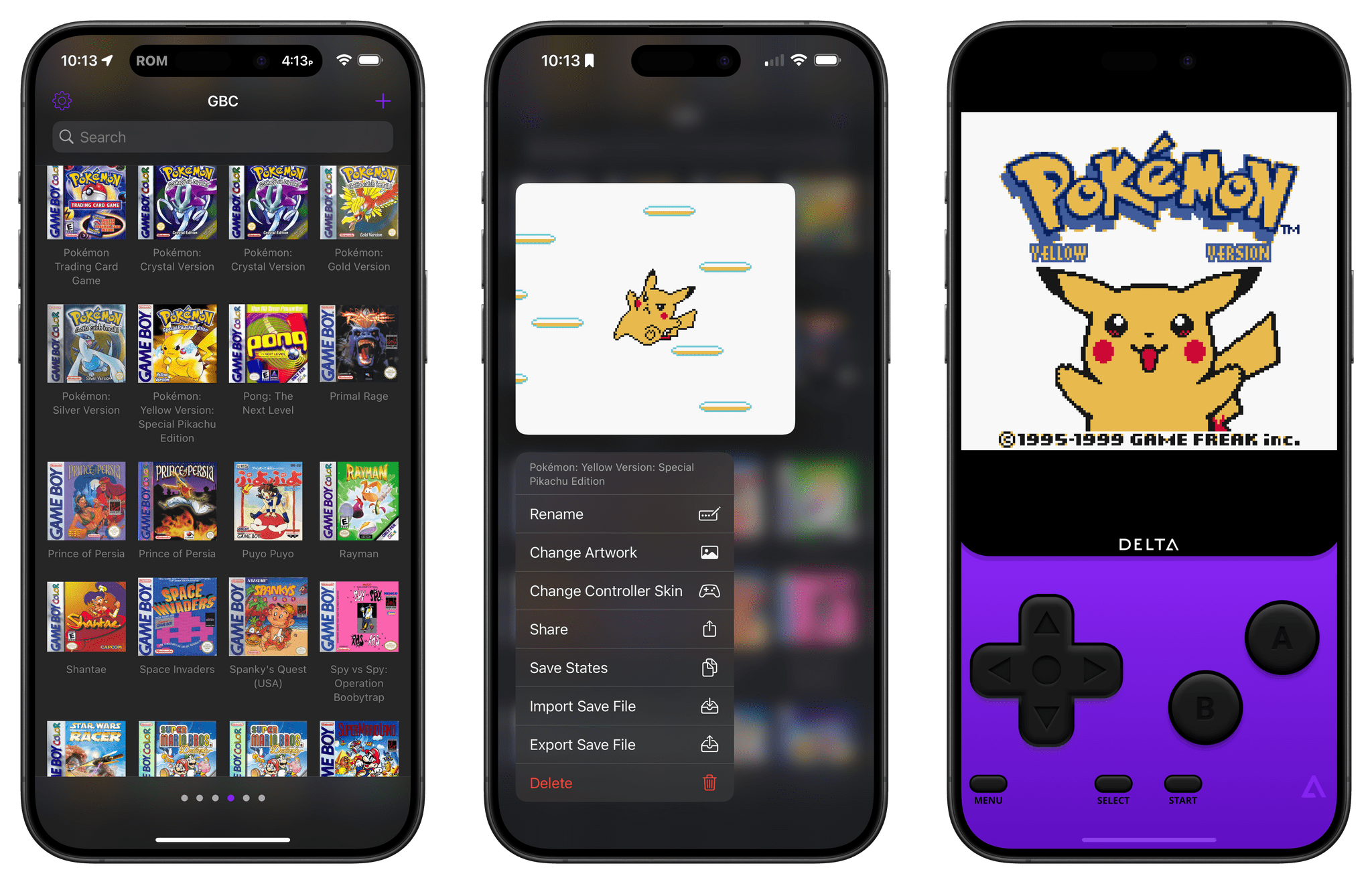
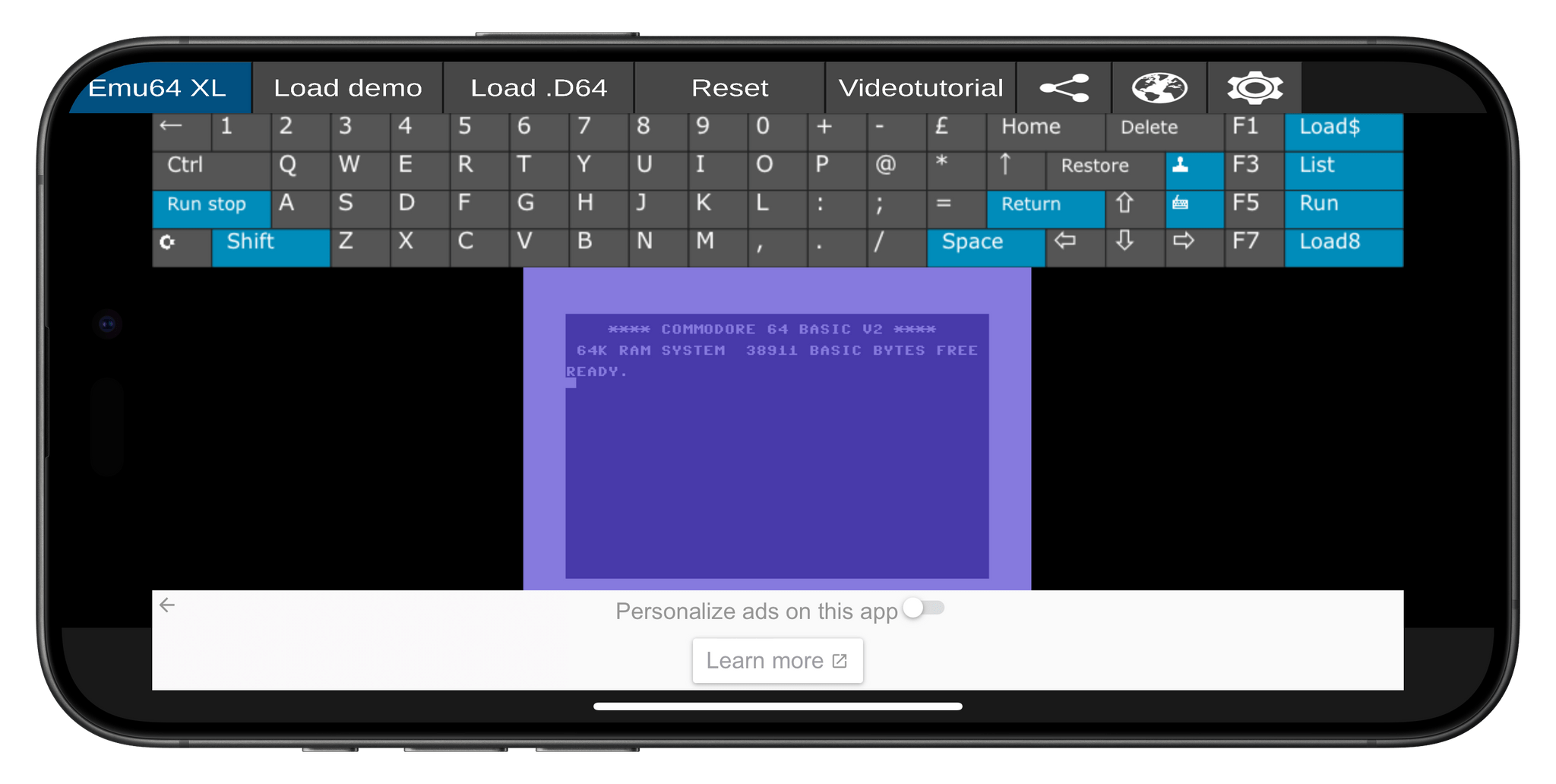
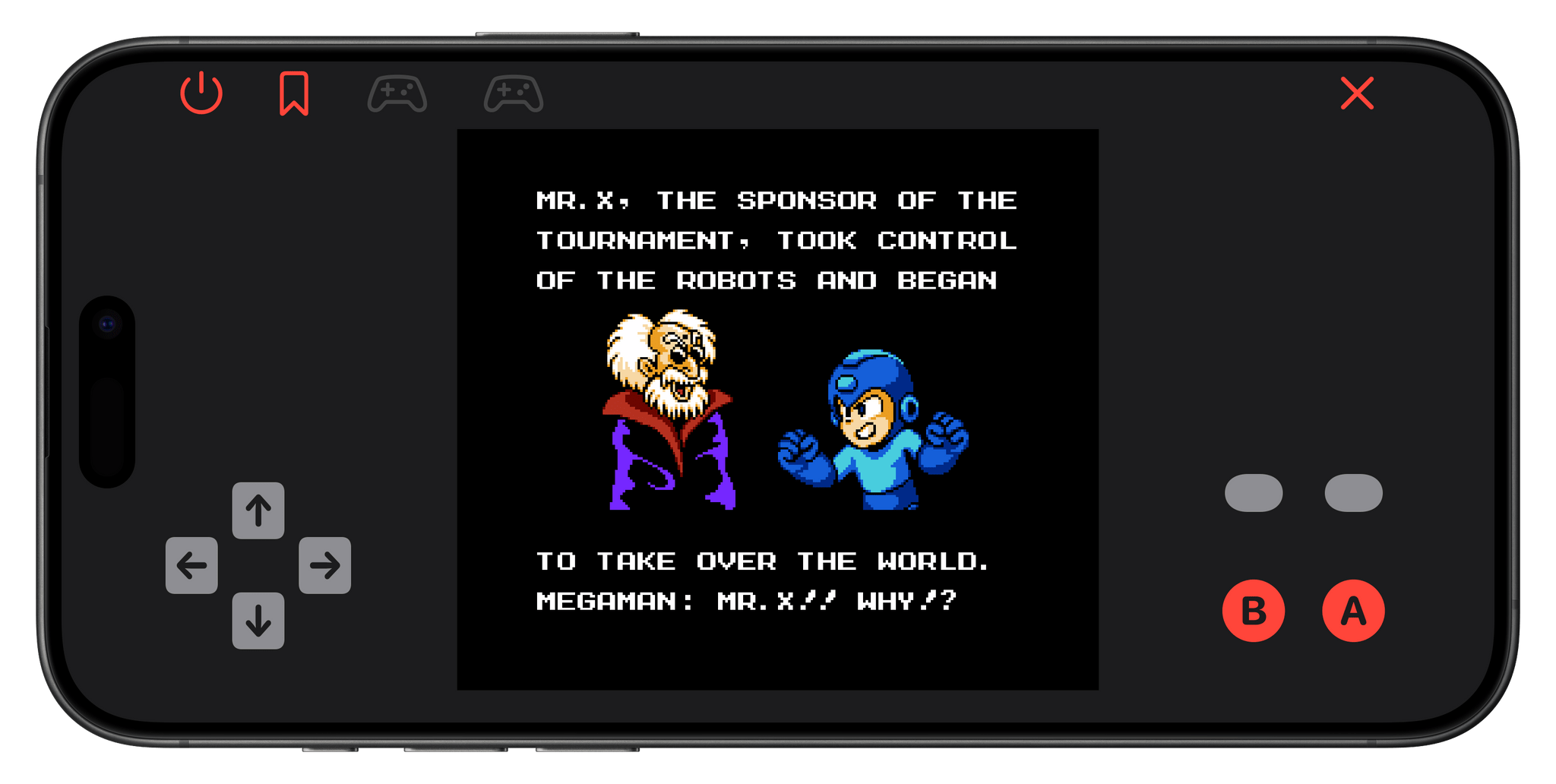
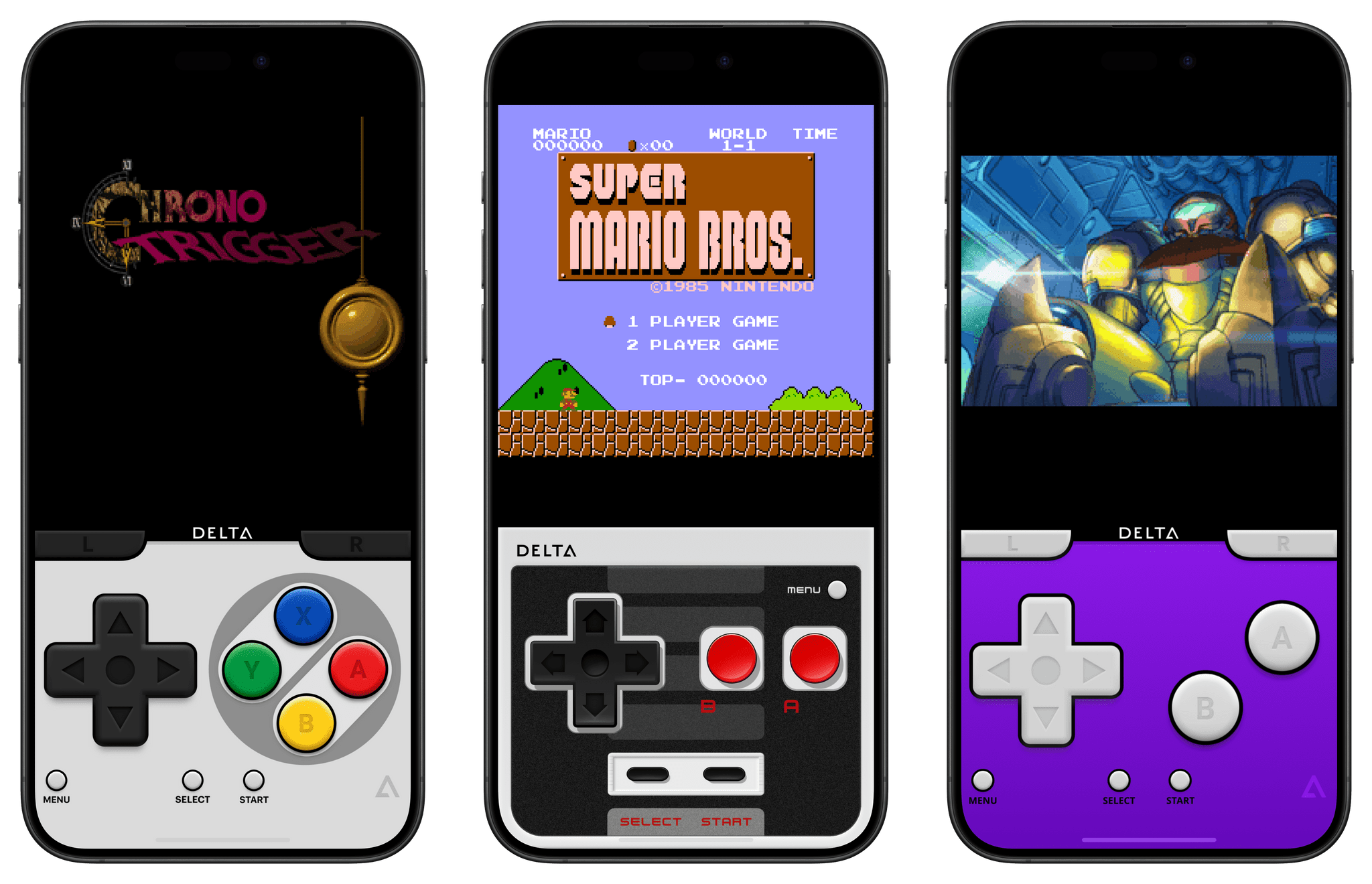
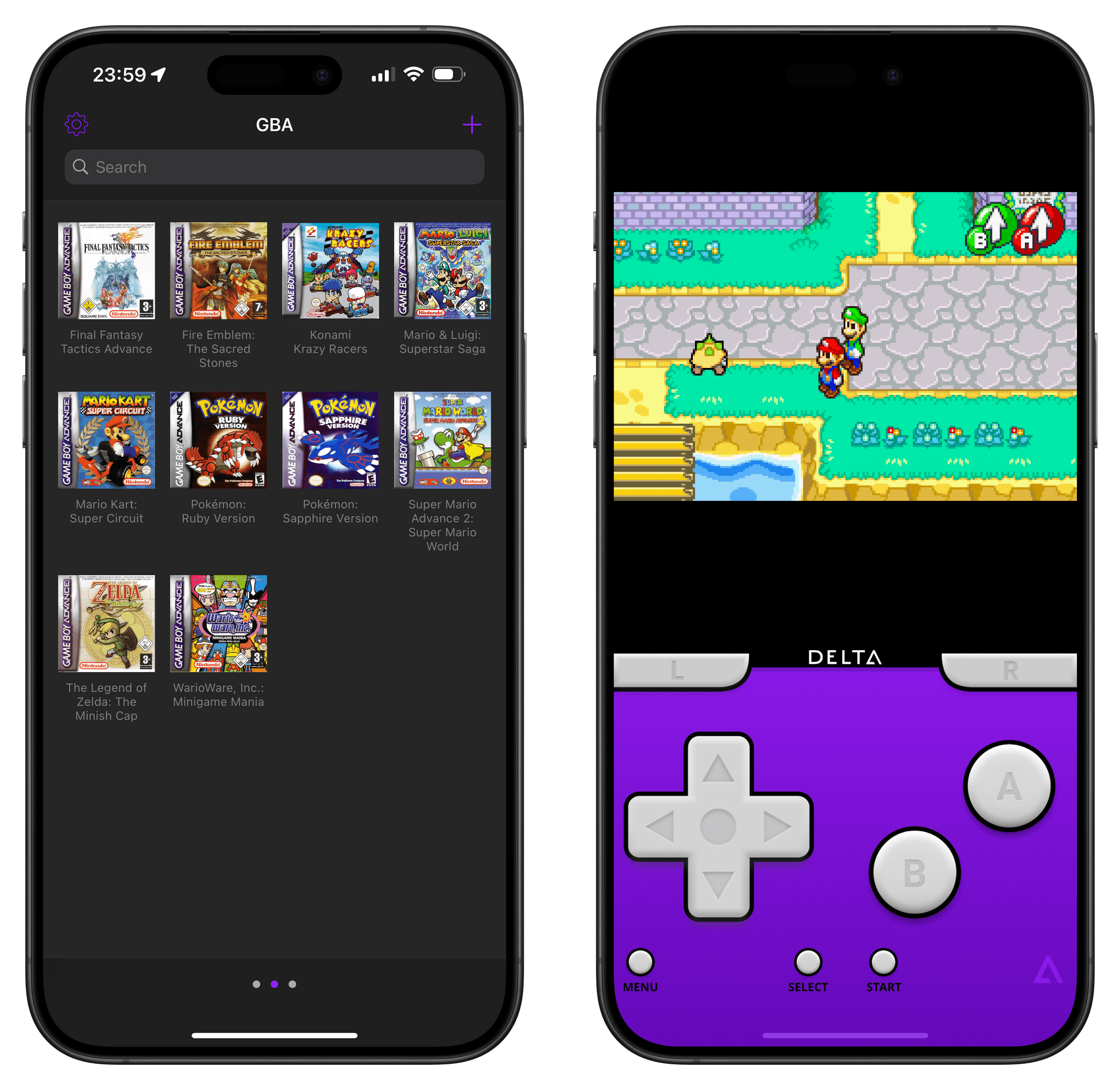
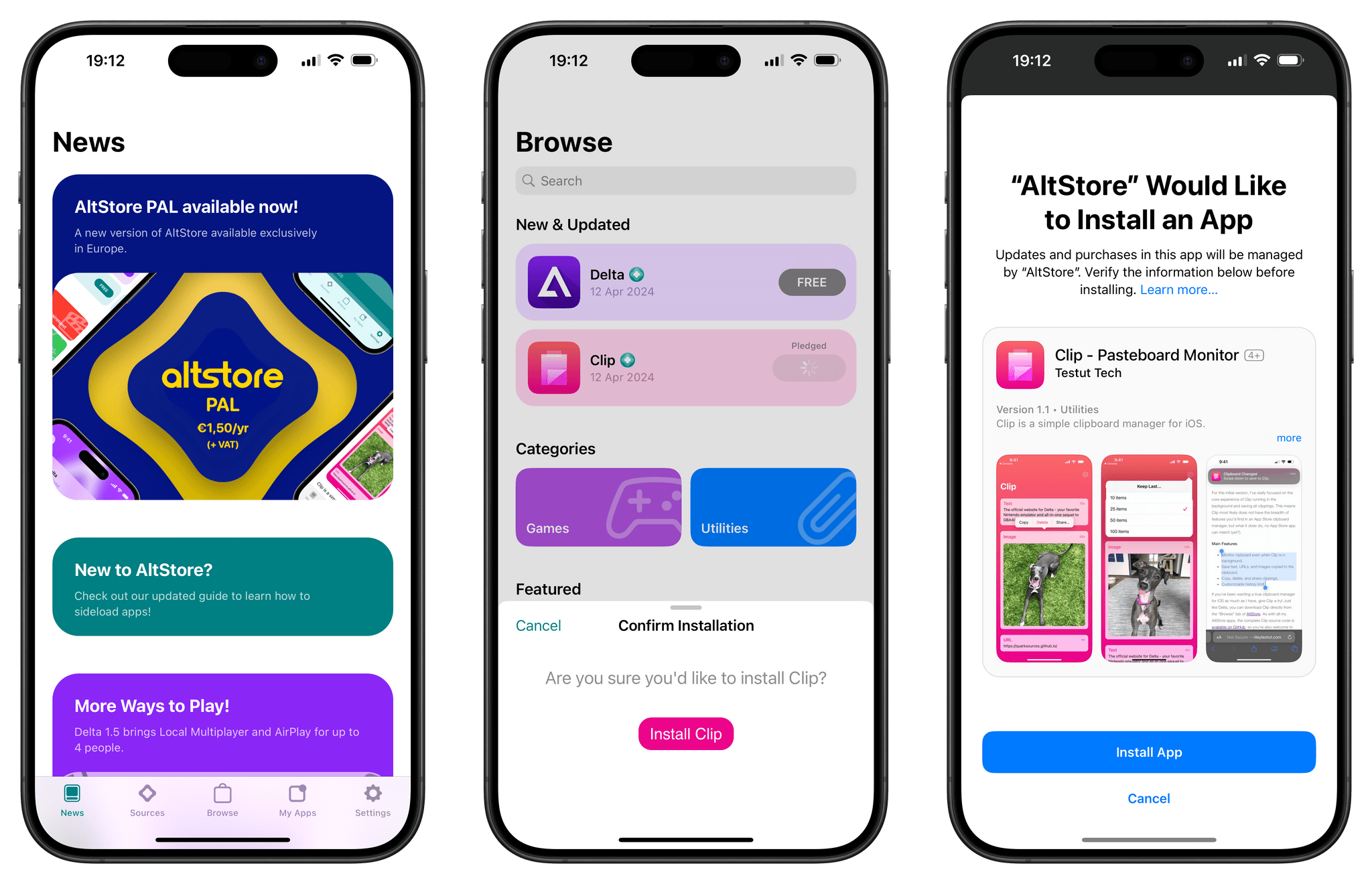
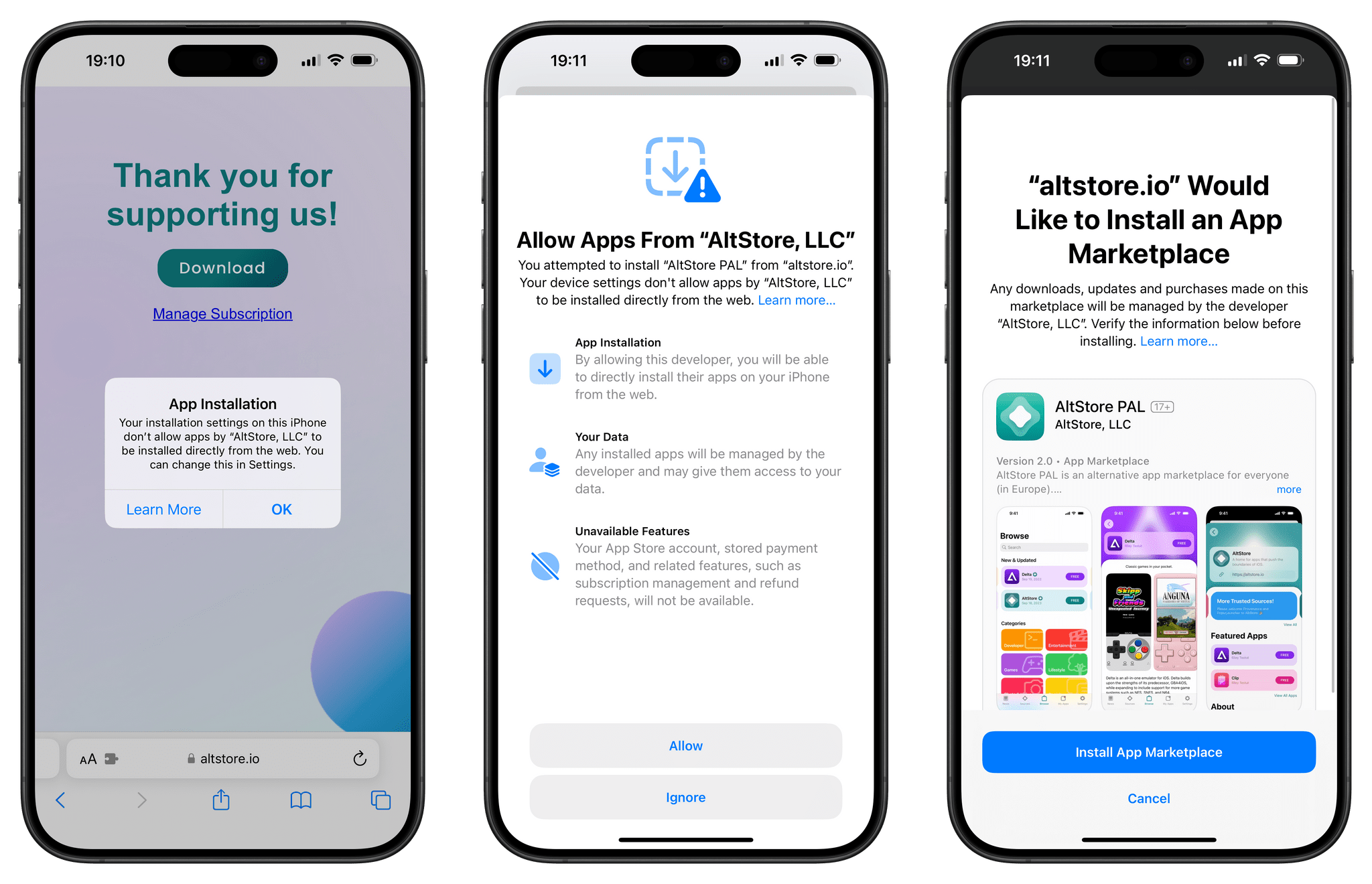




](https://cdn.macstories.net/banneras-1629219199428.png)
